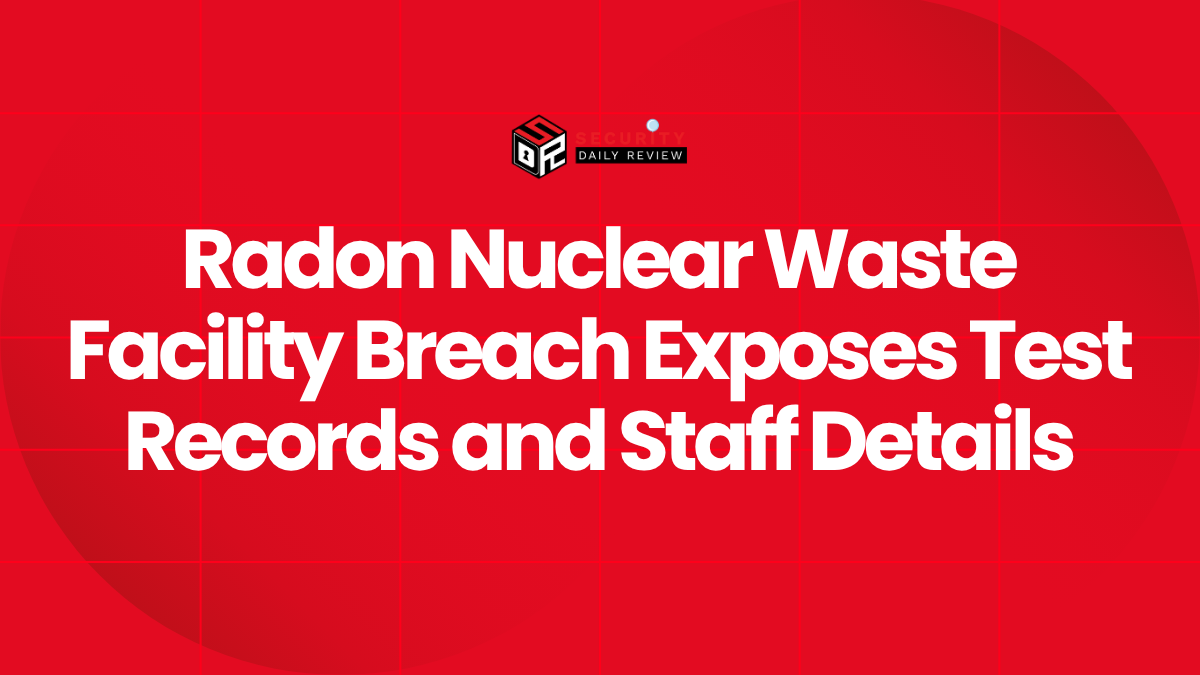A major cybersecurity incident has reportedly struck Radon, Russia’s state-owned nuclear waste management facility operated by Rosatom, exposing testing data and user information from its systems.
The attackers claimed responsibility on a popular data leak forum, alleging they had stolen Radon’s entire database. The leaked dataset purportedly includes the names of test operators, test results, user IDs, state-related data, email addresses, and phone numbers, among other sensitive details.
Radon Breach of a Highly Sensitive Sector
The breach is particularly alarming given Radon’s role in handling radioactive materials. As Russia’s primary operator for the collection, transport, and disposal of low- and intermediate-level radioactive waste, any compromise of its internal systems could pose significant safety and national security concerns.
Experts warn that the data could be weaponized in multiple ways — from forging testing documents that falsely certify hazardous areas as safe to enabling targeted spear-phishing attacks against employees. The stolen personal information could allow attackers to impersonate staff or gain deeper network access through social engineering.
“If there’s any personally identifiable information or contact info of Radon employees, it could be used for social engineering and identity profiling if combined with other datasets,” researchers explained.
National Security and Cyber Espionage Implications
While the identity of the attackers remains unclear, the nature of the target raises questions about whether the breach was financially motivated or part of a nation-state cyber operation. Nuclear energy and waste management facilities are often high-value targets for espionage, given their role in critical infrastructure and environmental safety.
The exposure of nuclear testing data could have far-reaching implications, from undermining public confidence in nuclear safety to providing adversaries with intelligence about radioactive waste handling and facility operations.
Radon, headquartered in Moscow, has yet to comment publicly on the alleged breach. As of now, there are no confirmed reports of operational disruptions, though cybersecurity analysts caution that even limited system access at such facilities can have severe long-term consequences.b









